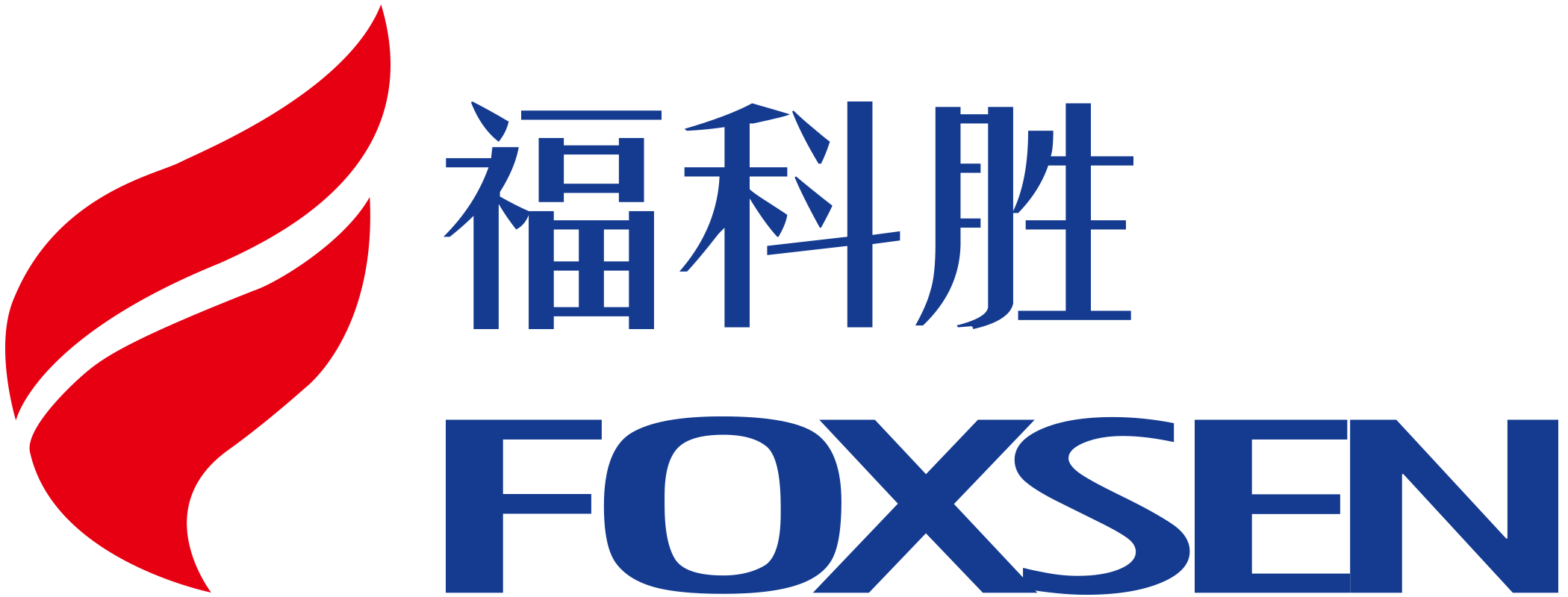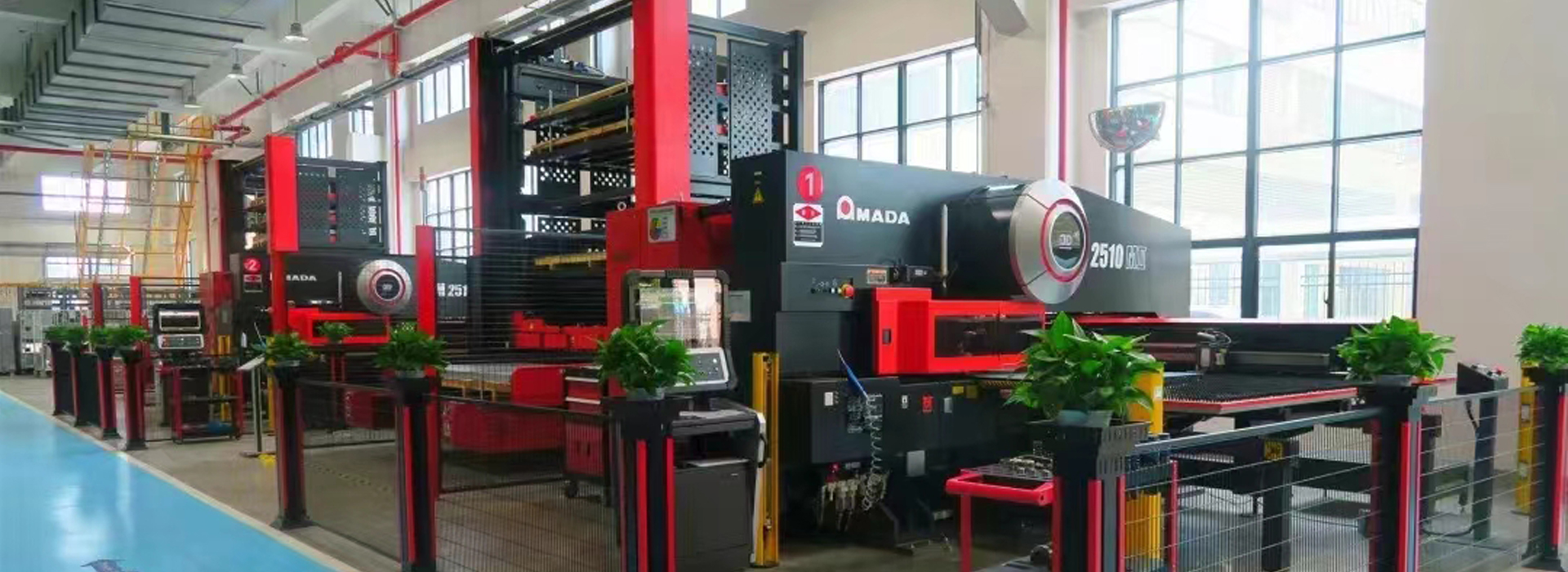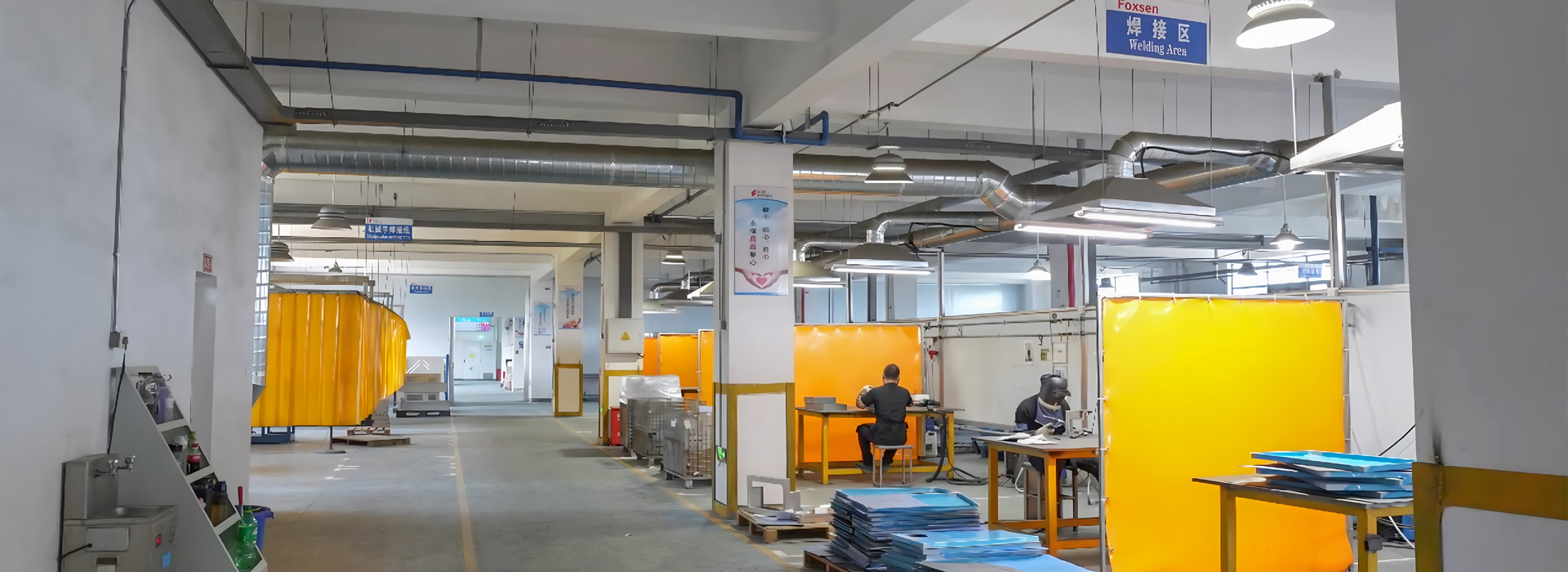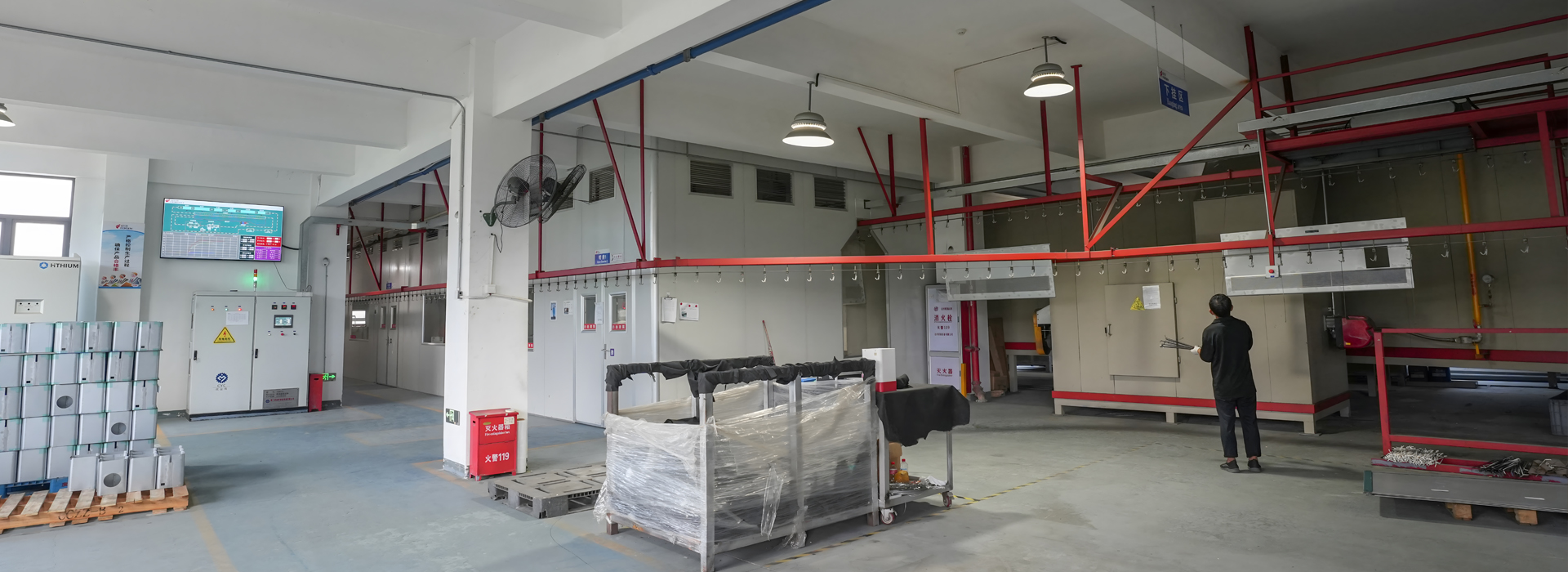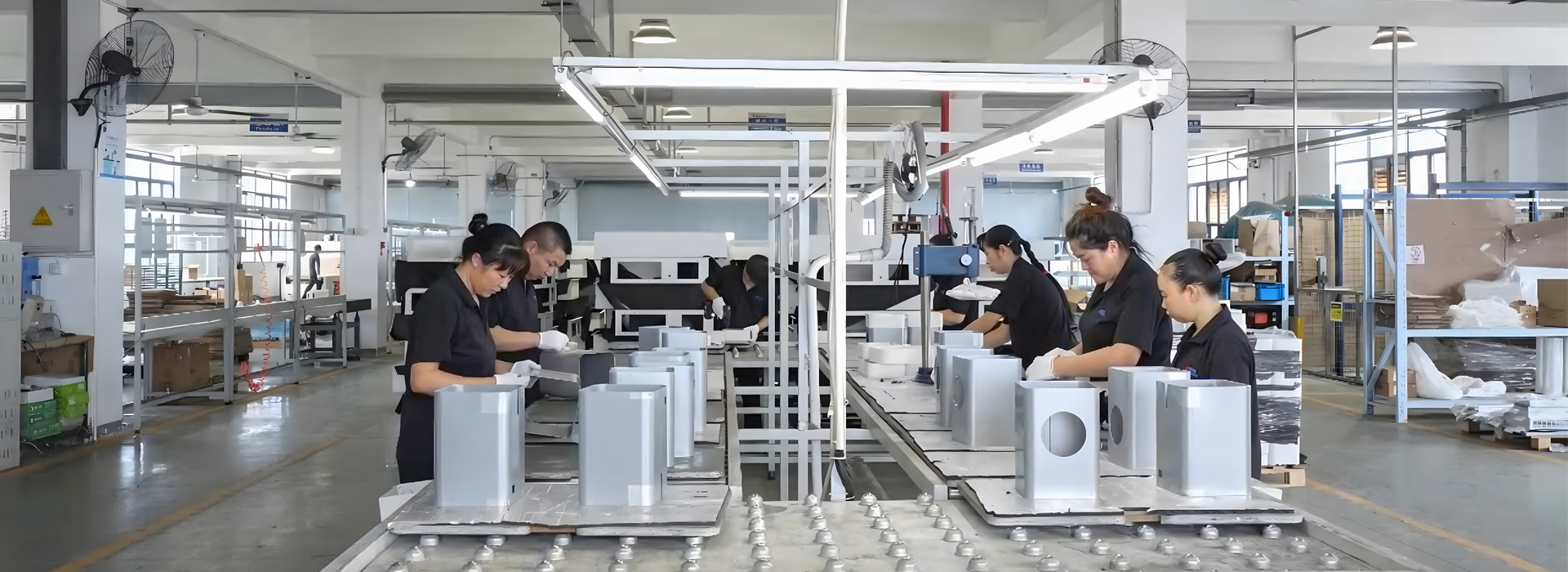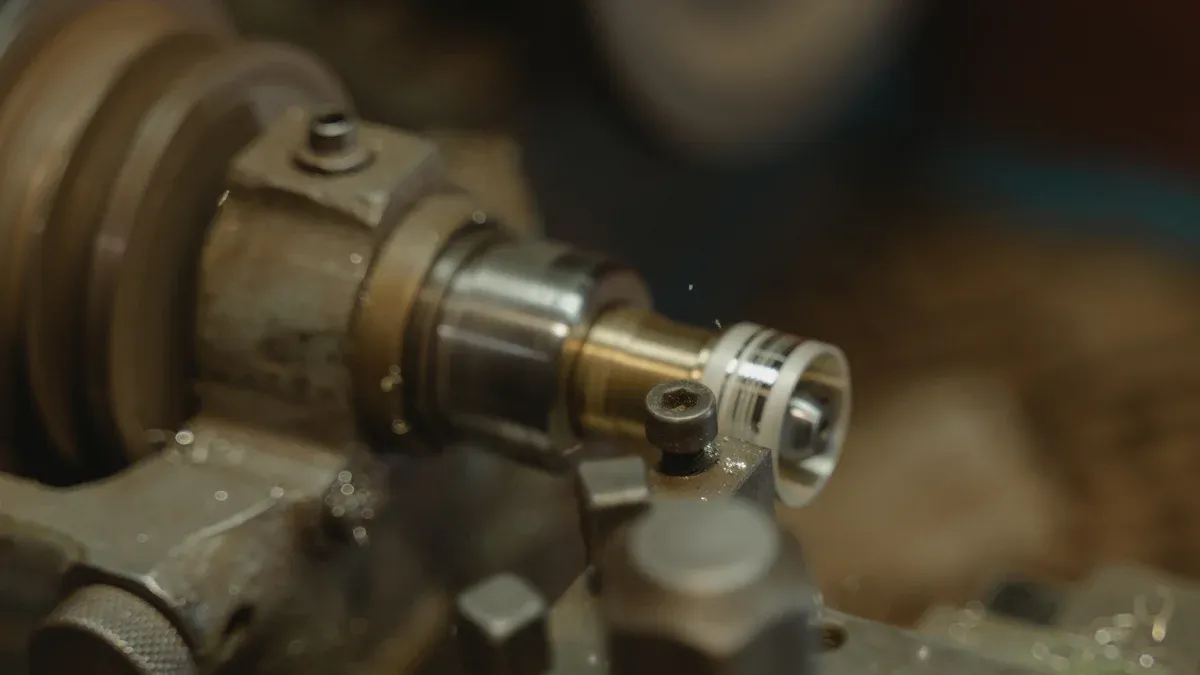Finding the best maker for custom thin metal parts can be tough. You need to think about many things to get good results. New technology is making production faster and more accurate. For example:
Machines like CNC and automation make parts more reliable.
The custom parts market grows 4.7% each year because people want unique products.
Smart manufacturing tools help create designs that fit special needs.
By looking at these changes, you can pick a partner that matches your goals.
Key Takeaways
Experience is important. Pick a maker with a good history in creating thin metal parts for quality and trust.
Quality checks matter. Choose makers with certifications like ISO 9001:2015 to show they follow high standards.
New tools make work better. Go for a maker using advanced machines like CNC and IoT for faster and more accurate results.
Clear pricing helps plan. Select a maker who explains all costs upfront to avoid surprises and stick to your budget.
Communication is crucial. Choose a maker who listens and answers quickly to make the process easy and smooth.
Key Factors to Consider in Custom Parts Manufacturing
Experience in Making Thin Metal Parts
When picking a manufacturer, their experience is very important. Skilled workers make sure every part is accurate and dependable. Companies with many years of practice often have a great reputation. They know how to solve tricky problems and handle special requests well.
You can check their skills by looking at performance numbers:
A 5% yearly sales growth shows a strong, growing company.
A high quote win ratio means they turn quotes into sales often.
Getting 6% of new customer dollars shows they attract new clients.
By checking these things, you can find a company that fits your needs.
Quality Checks and Certifications
Good quality is a must for custom parts. A trustworthy company follows strict rules and has certifications like ISO 9001:2015. These prove they meet global quality standards.
Important quality steps include:
Careful checks and tests during every production step.
Special tools to measure parts accurately.
Proof of materials and finishes to confirm choices.
Certificates of Conformance, needed for certain industries.
A study shows quality and delivery are key to success in manufacturing. Poor quality can cost up to 20% of sales money. Cutting rejection rates from 5.3% to 1.2% saves money and improves results. Using better materials and processes makes a big difference.
Modern Tools and Machines
New technology is key in making custom parts. Tools like CNC machines, laser cutters, and AI-powered robots make work faster and more exact. These tools save money and improve efficiency, which is great for metal fabrication.
Smart tools, like IoT systems, gather live data during production. This data helps fix problems, use resources wisely, and predict future needs. For example:
IoT sensors check welds and give instant feedback.
Smart data tools cut downtime and boost production without losing quality.
Predictive maintenance keeps machines running smoothly and speeds up work.
Using advanced tools helps companies make high-quality metal parts that match your needs perfectly.
Transparent Pricing and Cost Efficiency
Clear pricing is very important when making custom parts. A manufacturer that shows all costs helps you plan better. You can see where your money goes, like for materials or labor. This way, you avoid surprise costs and stay on budget.
The EOS Cost & Carbon Calculator is a great tool for this. It shows details like energy use and cost-per-part (CPP). By studying these, manufacturers can cut waste and save money. It also shows how production affects the environment, helping companies stay eco-friendly.
Here are some examples of pricing models in the industry:
You can also save money by making smart choices early on:
Order in large amounts to lower per-part costs.
Buy materials in bulk for supplier discounts.
Use simple designs to save time and reduce waste.
Picking a manufacturer with clear pricing gives you control. It helps you save money while keeping quality high.
Customer Service and Communication
Good communication is key to working well with a metal maker. A company that listens and responds quickly makes sure your needs are met. They should talk about your project, solve problems, and give updates often.
Studies show that being kind, quick to reply, and helpful makes customers happier. The best manufacturers explain things clearly and handle issues well. This builds trust and keeps clients coming back.
Research on welding companies shows that listening and quick fixes make customers happier. This approach ensures your parts are made just the way you want. It also makes the whole process smoother.
To check a company’s service, look at these survey results:
Choose a supplier known for great communication. This helps your project go smoothly from start to finish.
Questions to Ask a Sheet Metal Manufacturer
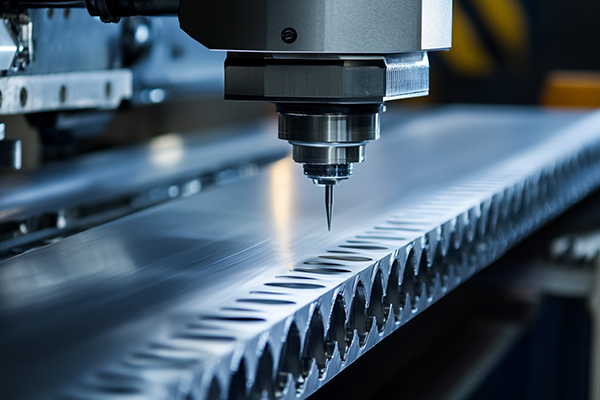
What is your experience in custom metal work?
Knowing a manufacturer’s skills is key when choosing a partner. Ask about their past projects and how they handle tricky designs. A good sheet metal maker will have proof of making quality parts that meet needs.
To learn more about their skills, ask questions like:
How do you use math to improve metal shaping?
How do you reduce errors caused by tool shapes or surfaces?
How do you use data to make production better?
These questions show if they can handle advanced tools and methods.
Can you share examples of past work?
Seeing past projects helps you judge their skill and reputation. Ask for case studies or samples of work like what you need. This step shows if they can meet your expectations.
You can also check specific things to decide better:
These points give a clear picture of their abilities and trustworthiness.
What are your quality checks?
Quality checks are very important in custom metal work. Ask about their testing steps, certifications, and how they prevent mistakes. A trusted company will follow strict rules like ISO 9001:2015 to ensure good results.
Find out how they inspect parts, check materials, and stop defects. A strong quality system reduces errors and keeps your parts up to standard. Focusing on quality helps avoid costly problems and delays.
How do you handle design changes or custom requirements?
When working with a sheet metal maker, it's important to know how they deal with design changes or special needs. A good manufacturer should adjust to your requests without lowering quality or causing delays. Ask them how they handle updates to make sure they can meet your needs.
Experienced manufacturers often use advanced tools to change designs easily. For example, CAD software helps them make quick and accurate updates. They should also have a clear way to talk with you about changes. This avoids confusion and ensures the final product is exactly what you want.
Here are some things to think about:
Flexibility: Can they manage sudden changes?
Communication: Do they keep you informed about updates?
Tools: Do they use modern equipment for design changes?
A manufacturer’s success often depends on how well they handle custom needs. Picking one with a strong history of doing this keeps your project on track.
What is your typical lead time for production?
Knowing how long production takes is very important when choosing a manufacturer. You need to understand their timeline to plan your project and meet deadlines. Ask them about their usual production time and how they deal with delays.
A reliable manufacturer will give you a clear schedule for each production step. They should also explain how they organize orders and avoid delays. For instance, some companies use special software to plan work and finish faster.
Think about these points when checking timelines:
Order Size: Bigger orders might take more time.
Complexity: Custom designs could need extra work.
Capacity: Do they have enough staff and tools to meet your deadline?
By learning about their process, you can make sure your project stays on time. Always choose a manufacturer that is honest and delivers as promised.
Common Mistakes to Avoid in Custom Metal Fabrication
Choosing Low Cost Over Good Quality
Picking the cheapest option can cause big problems later. Saving money might seem smart, but bad-quality parts cost more in the end. Poor parts can slow production, need fixing, and upset customers. Companies often spend 20% of sales fixing quality issues. For example, a company making $10 million could lose $2 million fixing bad products.
Quality costs include making good parts and fixing mistakes. Choosing quality first saves time and money by avoiding rework. A trusted manufacturer makes sure your metal parts meet high standards. This helps you avoid expensive problems.
Skipping Quality Certifications
Not checking certifications can hurt your project. Certifications like ISO 9001:2015 show a company follows global rules for quality. These prove they use good processes and meet industry standards. Without them, you risk working with unreliable companies.
Certified manufacturers follow strict rules to make strong, accurate parts. They use advanced tools to meet your needs. Always check certifications before starting a project. This step protects your money and ensures good results.
Ignoring Communication and Quick Replies
Good communication is key to making custom metal parts. Manufacturers who reply fast and explain clearly help avoid confusion. Regular updates keep you informed, and open talks solve problems quickly.
A study of 413 managers showed that clear communication improves teamwork. Manufacturers who share updates and listen well make work smoother. They also help you make better choices for your project.
Pick a manufacturer who values communication and quick replies. This keeps your project on track and meets your needs.
Missing the Importance of Scalability
Scalability is crucial in custom metal work. Ignoring it can cause problems. A manufacturer who can't grow with your needs may miss deadlines, lower quality, or raise costs as your project grows.
To check scalability, see if they can handle bigger orders or harder designs. Companies with modern tools and smooth workflows usually scale better. For instance, tools like predictive modeling and dimensional analysis help them improve processes and avoid mistakes. These methods keep quality steady, even with higher demands.
Here’s a table showing ways to measure scalability:
When picking a manufacturer, ask how they manage bigger orders or sudden changes. Choose one that uses advanced tools and smart methods to stay efficient. This ensures your project can grow without losing quality or time.
Skipping Client Reviews or Testimonials
Not checking reviews can lead to bad choices. Feedback from past clients shows if a manufacturer is reliable, makes good products, and offers great service. Skipping this step might mean working with a company that doesn’t meet your needs.
Read what others say about their experience. Look for comments on delivery, communication, and product quality. Good reviews highlight strengths, while bad ones warn of problems.
Use a checklist to make this easier:
✅ Do clients complain about delays or poor quality?
✅ Do they praise quick replies and problem-solving?
✅ Are there examples of projects like yours?
Client reviews help you pick the right manufacturer. They guide you to avoid unreliable companies and find one that fits your needs. By reading testimonials, you can feel confident in your choice and avoid surprises.
Picking the right company for custom thin metal parts takes thought. You need to check their skills, quality, tools, prices, and service. These things help ensure you get strong, well-made parts. For instance, companies that adjust settings like layer thickness often make tougher and better parts.
Ask clear questions about how they work and what they can do. This helps you find a metal maker that fits your needs. Don’t just pick the cheapest option or forget to check if they can handle growth. Instead, choose a company that matches your goals and handles special requests well.
Doing good research is very important. By studying key details, you can find a partner who makes great parts and helps your project succeed for a long time.
FAQ
What industries use custom thin metal parts?
Custom thin metal parts are used in many fields. These include aerospace, cars, electronics, and medical tools. They are strong and precise for special jobs. You can trust them for high-quality parts made to fit your needs.
How do makers ensure thin metal parts are accurate?
Makers use advanced machines like CNC and lasers for precision. They also check quality carefully during production. Companies that focus on accuracy and quality give reliable results.
Can custom thin metal parts be good for the environment?
Yes, some makers use eco-friendly methods like recycling materials. They also try to reduce waste and use energy-saving tools. Ask about their green practices to match your project with eco-friendly goals.
What affects the price of custom thin metal parts?
The price depends on materials, design, order size, and methods. Bigger orders and simple designs usually cost less. Talk to your maker about ways to save money.
How do I pick the right material for my project?
The material depends on what your project needs, like strength or rust resistance. Makers can help you choose based on your needs. Always check if the material works well for your project.
